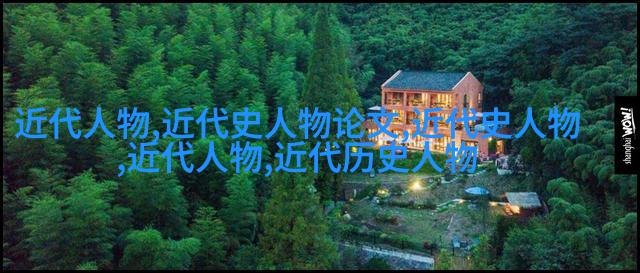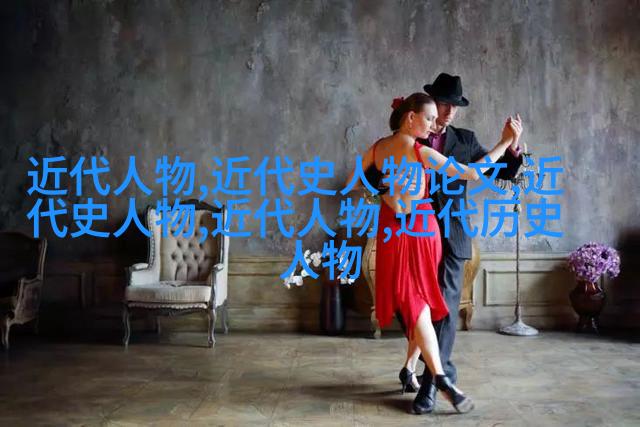Li Bai and Du Fu Two Poets One River - Exploring t
Li Bai and Du Fu: Two Poets, One River - Exploring the Beauty of Classical Chinese Literature

The Life and Times of Li Bai and Du Fu
Li Bai (701-762 AD) and Du Fu (712-770 AD) are two of the most celebrated poets in Chinese history. They lived during a tumultuous time for China, marked by political upheaval, war, famine, and social unrest. Despite these challenges, they continued to create works that have stood the test of time.

Poetic Styles
Li Bai's poetry is characterized by its lyricism and imagery. He often wrote about nature—rivers, mountains, birds—and his poems frequently feature supernatural elements such as dragons or phoenixes. His style was more romantic than realistic; he believed that poetry should be an escape from reality rather than a reflection of it.

Du Fu's poetry is more grounded in reality. He wrote about everyday life—the struggles of common people during times of war and famine—as well as politics. His poems often express sadness or anger at the state of society but also offer hope for better days ahead.
Their Poetry in English Translation

Many translations exist for both poets' works into English but few capture their essence perfectly due to cultural differences between languages.
"The Moon Has Left the Sky" by Li Bai:

Once upon a moonlit night,
I climbed up to my chamber high,
And saw below me spread out wide
A world bathed in silver light.
The trees were dark against its glow,
Like silken banners flapping free;
The river flowed with silent flow,
As if it too felt reverent awe.
"Winter Morning on Linggan Peak" by Du Fu:
On Linggan Peak I stand alone
Watching winter morning rise:
Frost forms on every tree branch bare
And snowflakes swirl around my head.
Cattle low outside my door
As I look down upon them all:
In this cold scene so bleak yet fair
My heart feels heavy with sorrow deep.
Conclusion
Both Li Bai and Du Fu left behind legacies through their writing that continue to inspire generations today despite being written centuries ago. Their contributions are not just limited to literature; they helped shape how people perceive beauty within nature as well as reflecting on societal issues through art which has had lasting impacts across various cultures worldwide including those who study "China historical figures English essays".



